Moderation is a wise approach. A balanced and healthy diet accommodates most foods and drinks, as long as moderation directs your wise choices. The Mediterranean Diet is grounded on the principles of enjoyment and pleasure. Foods, drinks and meals are best eaten with others, if at all possible, and savoured. Not eaten on the run, rushed, ‘inhaled’ rather than chewed’
The Mediterranean Diet has been found to be beneficial in managing dyslipidaemia / disordered cholesterol. This is comprised of whole grains, fresh fruits and vegetables, fish, olive oil and garlic. This diet is high in monounsaturated fatty acids and has been shown to increase HDL cholesterol plasma levels and reduce susceptibility to LDL oxidation.
The Mediterranean diet emphasizes:
• Eating primarily plant-based foods, such as fruits and vegetables, whole grains, legumes and nuts • Replacing butter with healthy fats, such as olive oil • Using herbs and spices instead of salt to flavour foods • Limiting red meat to no more than a few times a month • Eating fish and poultry at least twice a week • Drinking red wine in moderation – 1 to 2 x weekly(optional)
The diet also recognizes the importance of being physically active and enjoying meals with family and friends.
Focus on fruits, vegetables, nuts and grains
The Mediterranean diet traditionally includes fruits, vegetables and grains. For example, residents of Greece average six or more servings a day of antioxidant-rich fruits and vegetables.
Grains in the Mediterranean region are typically whole grain and usually contain very few unhealthy trans fats, and bread is an important part of the diet. However, throughout the Mediterranean region, bread is eaten plain or dipped in olive oil — not eaten with butter or margarine, which contains saturated or trans fats.
Nuts are another part of a healthy Mediterranean diet. Nuts are high in fat, but most of the fat is healthy. Because nuts are high in calories, they should not be eaten in large amounts — generally no more than a handful a day. For the best nutrition, avoid candied or honey-roasted and heavily salted nuts.
Choose healthier fats: The focus of the Mediterranean diet isn’t on limiting total fat consumption, but rather on choosing healthier types of fat. Look for Mediterranean ingredients offering healthy fats like Extra Virgin Olive Oil: Rich in monounsaturated fats, it reduces the risk of heart disease and adds wonderful flavour to everything it is drizzled over.
Fish: The Med Diet recommends two servings of fish per week. Salmon is especially rich in omega-3 fatty acids that help reduce blood pressure and risk of heart disease. If fish is new to you, buy small portions of mild-flavoured halibut or flounder as an introduction. Fatty fish — such as mackerel, lake trout, herring, sardines, albacore tuna and salmon — are rich sources of omega-3 fatty acids.
Nuts: Nuts and peanuts are good sources of protein and fibre. Eat ¼ cup as a snack or use as a topping for yoghurt, vegetables, or salads.
Olives: This low-calorie snack contains heart-healthy monounsaturated fats, essential fatty acids, and natural antioxidants
What about the wine?
The health effects of alcohol have been debated for many years, and there are health consequences of excessive drinking. However, alcohol — in moderation — has been associated with a reduced risk of heart disease in some research studies.
The Mediterranean diet typically includes a moderate amount of wine, usually red wine. This means no more than 150mls of wine daily for women of all ages and men older than age 65 and no more than 300 mls of wine daily for younger men. More than this may increase the risk of health problems, including an increased risk of certain types of cancer.
Putting it all together
The Mediterranean diet is a delicious and healthy way to eat. On the following pages, there are serving sizes of the food groups discussed. Here are some specific steps to get you started:
• Eat your veggies and fruits — and switch to whole grains. A variety of plant foods should make up the majority of your meals. They should be minimally processed — fresh and whole are best. Include veggies and fruits in every meal and eat them for snacks as well.
• Switch to whole-grain bread and cereal, and begin to eat more whole-grain rice and pasta products. Keep baby carrots, apples and bananas on hand for quick, satisfying snacks. Fruit salads are a wonderful way to eat a variety of healthy fruit.
• Go nuts. Nuts and seeds are good sources of fibre, protein and healthy fats. Keep almonds, cashews, pistachios and walnuts on hand for a quick snack. Choose natural peanut butter, rather than the kind with hydrogenated fat added. Try blended sesame seeds (tahini) as a dip or spread for bread.
• Pass on the butter. Try olive or canola oil as a healthy replacement for butter or margarine. Lightly drizzle it over vegetables. After cooking pasta, add a touch of olive oil, some garlic and green onions for flavouring. Dip bread in flavoured olive oil or lightly spread it on whole-grain bread for a tasty alternative to butter. Try tahini as a dip or spread for bread too.
• Spice it up. Herbs and spices make food tasty and can stand in for salt and fat in recipes.
Seasoning Mix 15ml (1 teaspoon) dried mustard, 15ml paprika, 15ml garlic powder, 15ml onion powder, 7ml black pepper, 5ml basil, 5ml thyme
• Tips for Flavouring without Salt. Gradually reduce intake over time – each day useless. This way taste buds will adjust to use healthy alternatives
Fresh & dried herbs & spices, Black Pepper, Mustard or Curry Powder, Vinegar, Fresh Garlic, Chilli, Ginger, Onion & Garlic Powder, Lemon & Lime Juice, Fruit & fruit juices (orange with carrots, apricots with chicken)
• Make salad dressings from oil, assorted kinds of vinegar, garlic, herbs & spices, use balsamic vinegar on vegetables or marinades or dressings, add garlic/ginger to stir fry’s, use unsalted peanut butter for Thai dishes, use juice or wine as a flavouring in marinades, stewed meats & sauces
• Go fish. Eat fish at least twice a week. Fresh or water-packed tuna, salmon, trout, mackerel and herring are healthy choices. Grill, bake or broil fish for great taste and easy clean-up. Avoid breaded and fried fish.
• Rein in the red meat. Limit red meat to no more than a few times a month. Substitute fish and poultry for red meat. When choosing red meat, make sure it’s lean and keep portions small (about the size and thickness of your palm). Also avoid sausage, bacon and other high-fat, processed meats.
• Choose low-fat dairy. Limit higher fat dairy products or switch to skim, low-fat milk, fat-free yoghurt (watch the sugar content in some low-fat varieties) and low-fat cheese.

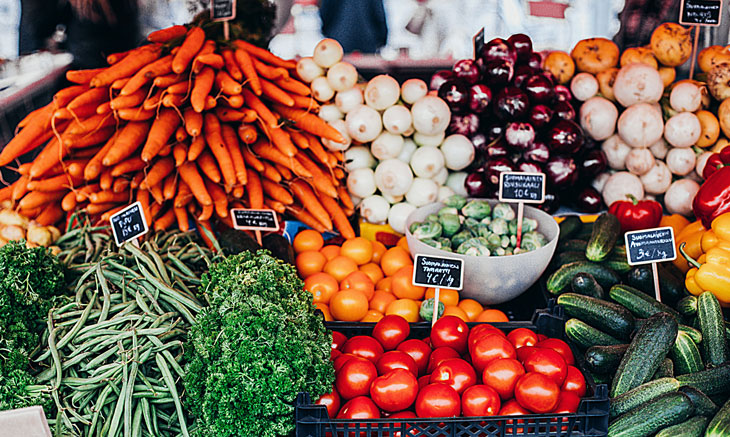

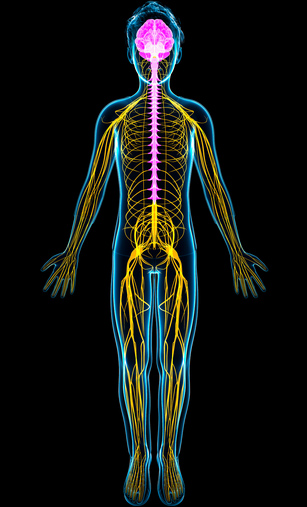
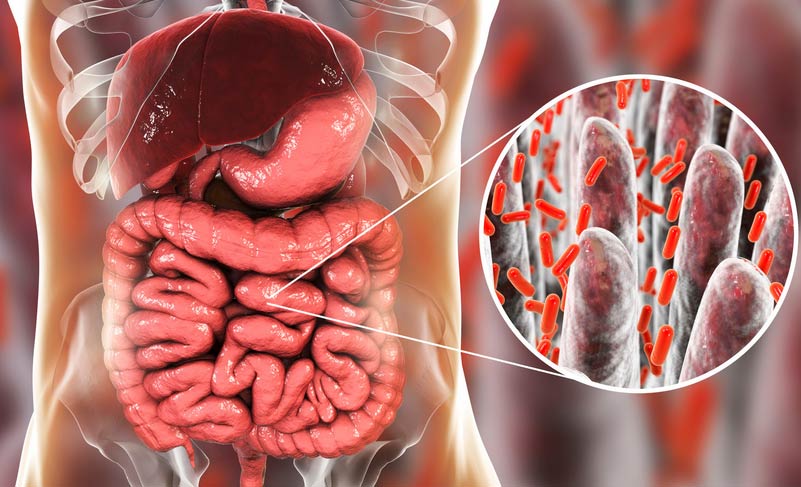

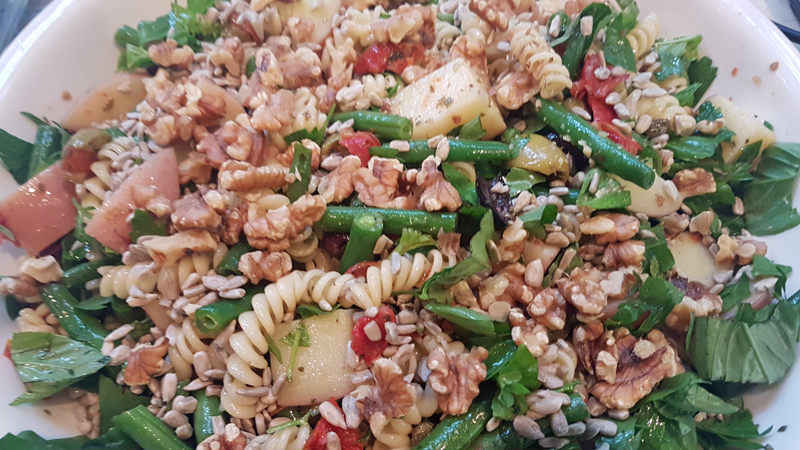
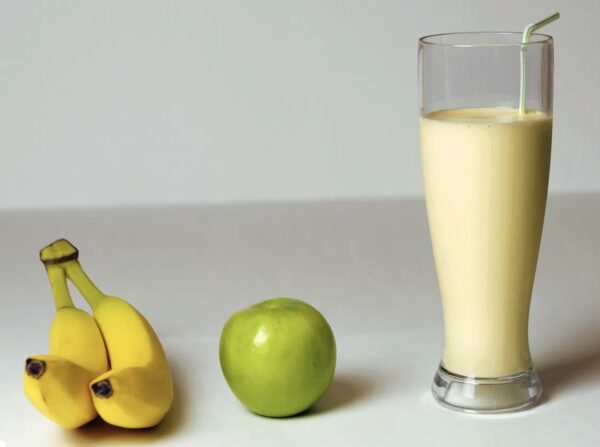
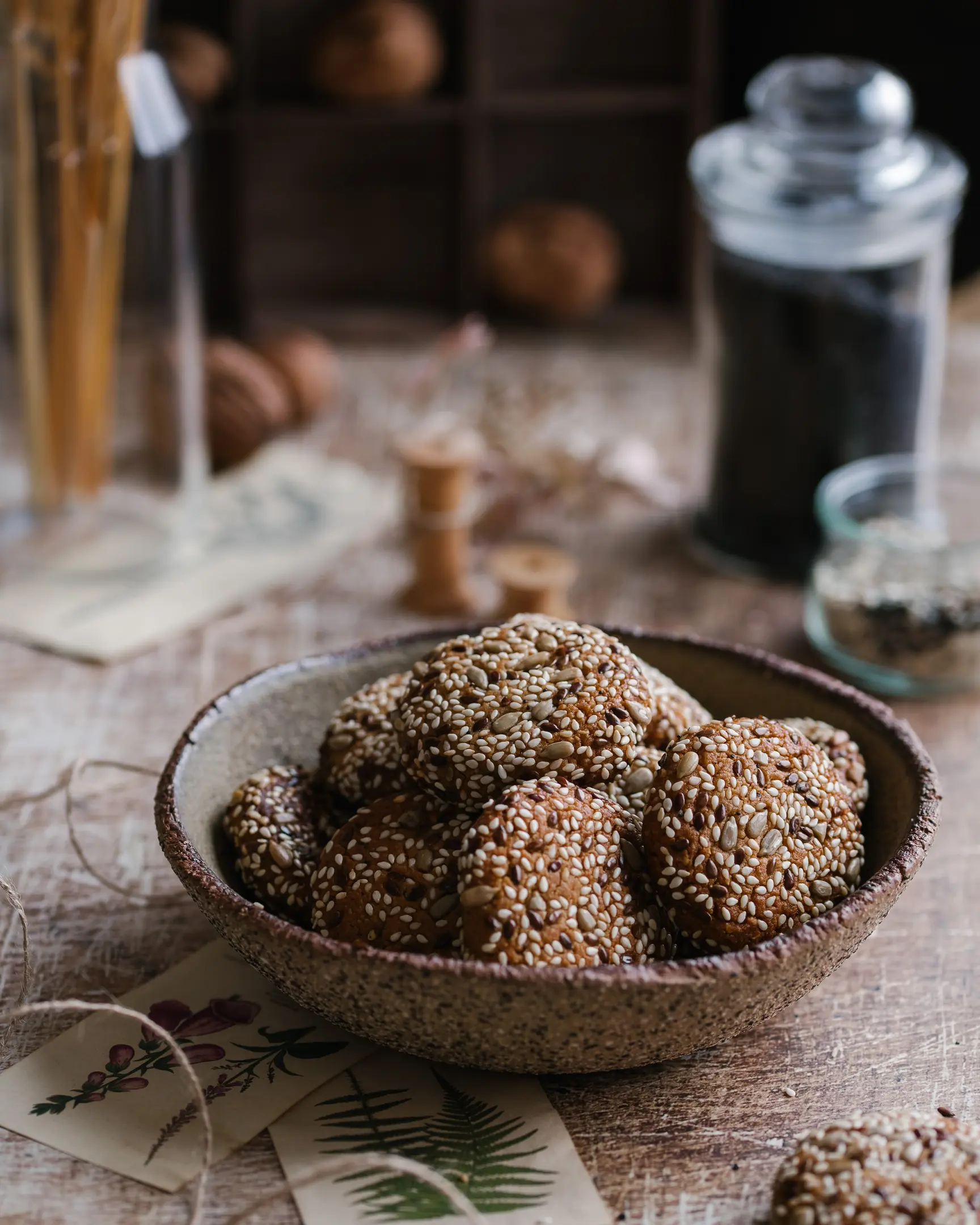
0 Comments